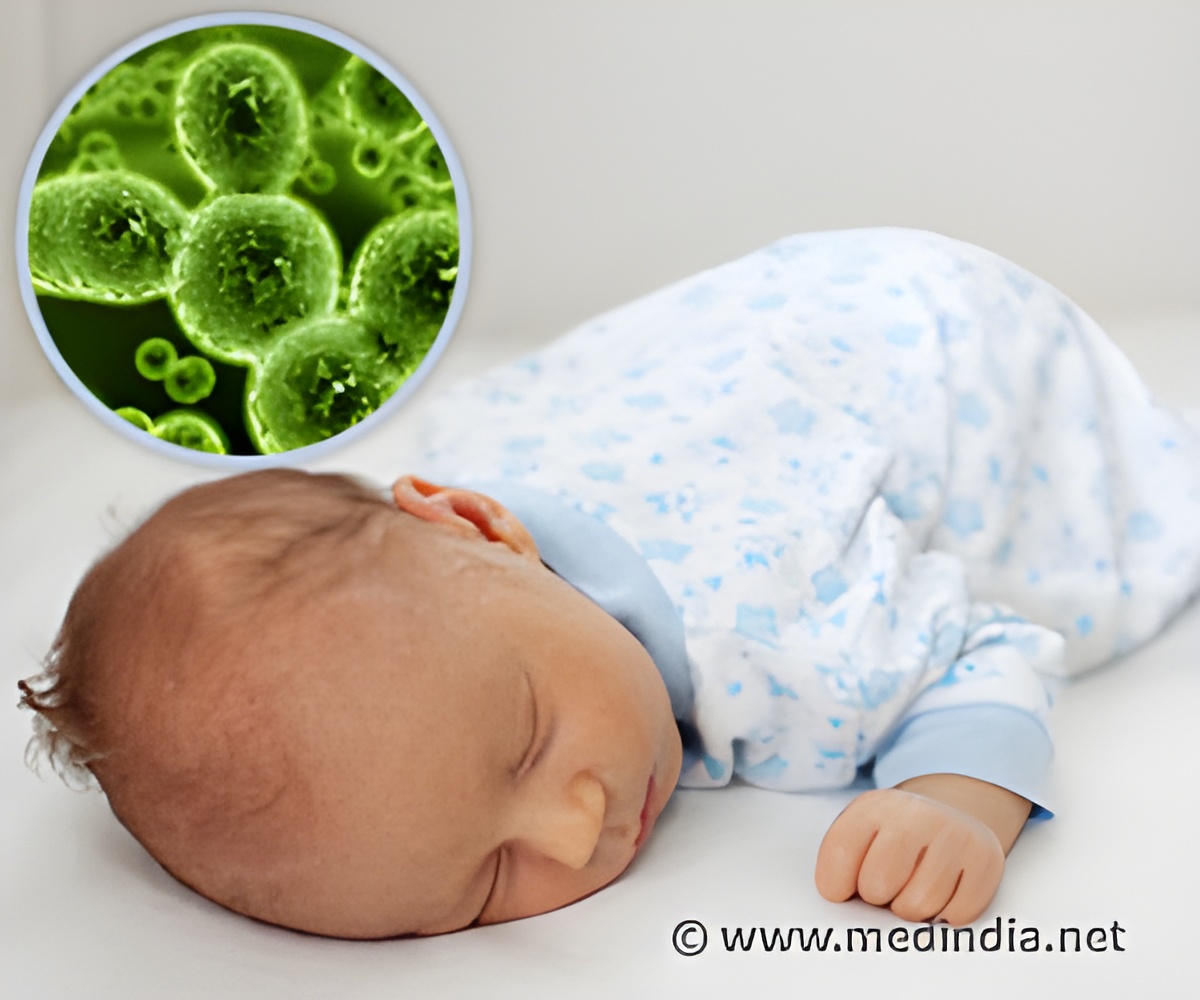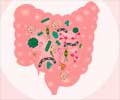Previous research has shown that colic affects about one in five infants in the United States annually.

"The role of different intestinal microbes in producing or alleviating colic remains a subject of interest," says Joel Lavine, M.D., Ph.D., professor of pediatrics and chief of pediatric gastroenterology, hepatology and nutrition at Columbia University Medical Center. "Some studies have identified changes in the colonization that are associated with colic, although these changes have not been shown to be causative, and the specific kinds of bacteria potentially responsible have not been identified. Thus far, manipulation of gut colonization by probiotics remains an inexact science and conflicting evidence exists regarding the efficacy of probiotics in improving the problem."
Another under-discussed cause of colic symptoms, transient lactase deficiency (TLD), is known to be a cause of colic in about 38% of cases*. TLD is a temporary insufficiency of lactase enzyme, resulting in temporary digestive discomfort caused by the undigested lactose in breast milk or infant formula, often resulting in excessive crying and fussing, otherwise known as colic.
"Manipulation of bacterial populations in the gut may reduce the amount of gas produced by virtue of reducing lactose malabsorption," adds Dr. Lavine. "This problem of lactose malabsorption can be easily resolved by providing lactase to infants who are lacking, by way of commercially available infant drops."
Source-Eurekalert














